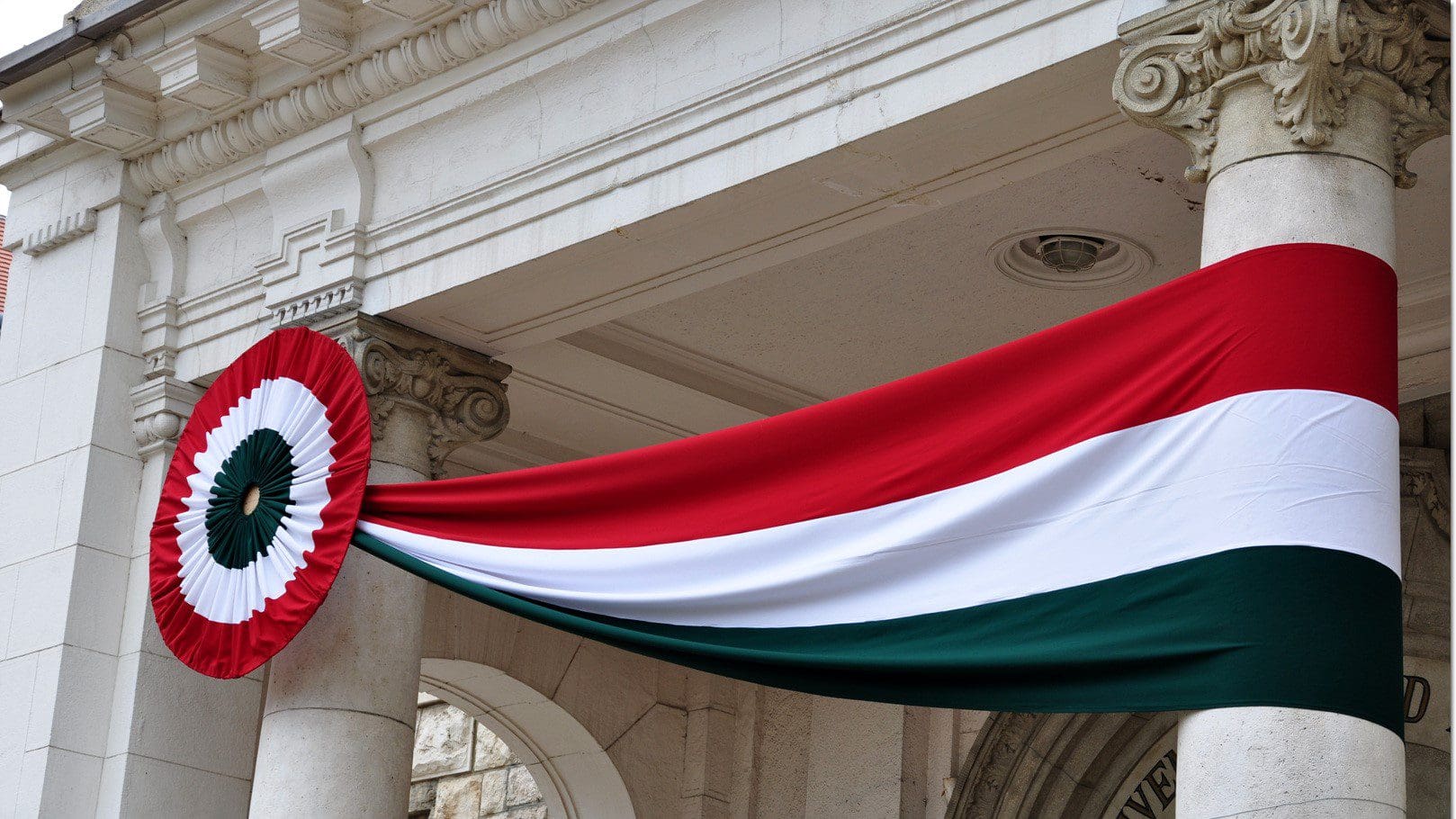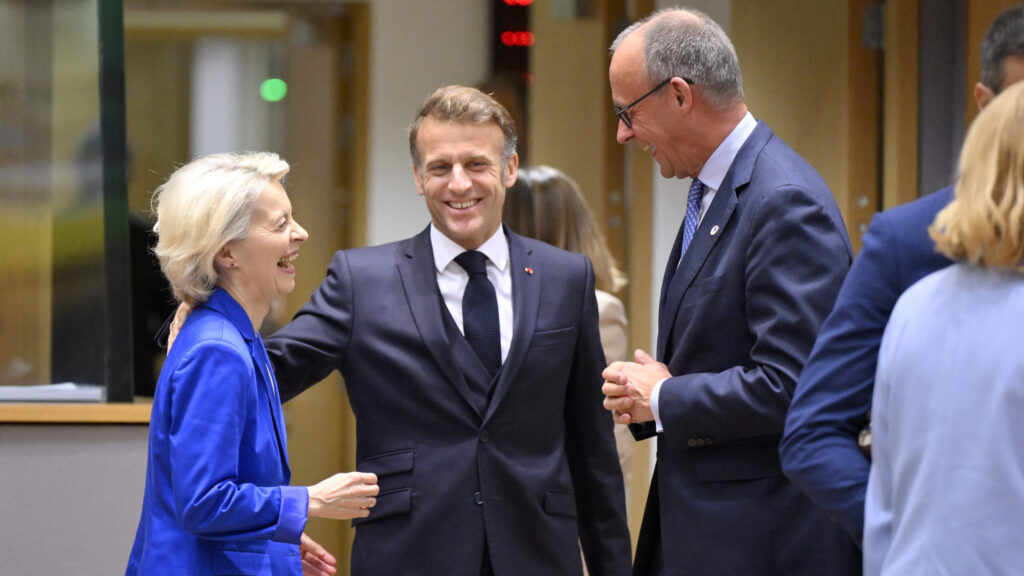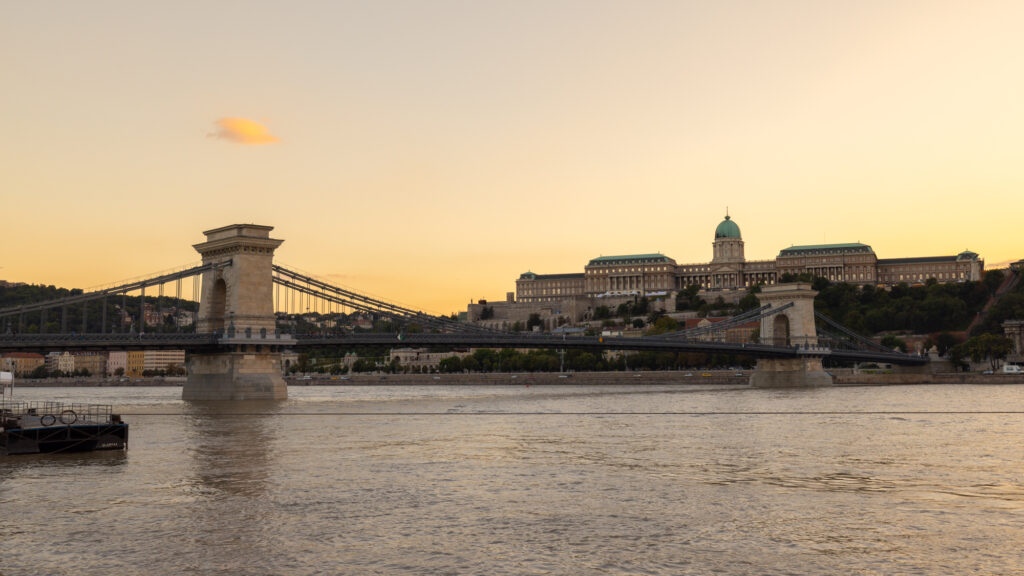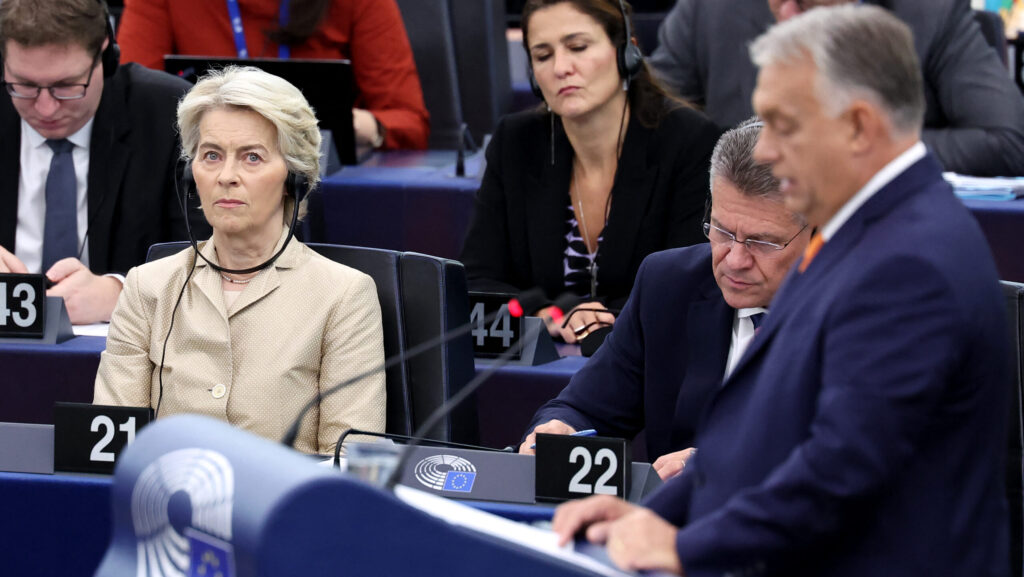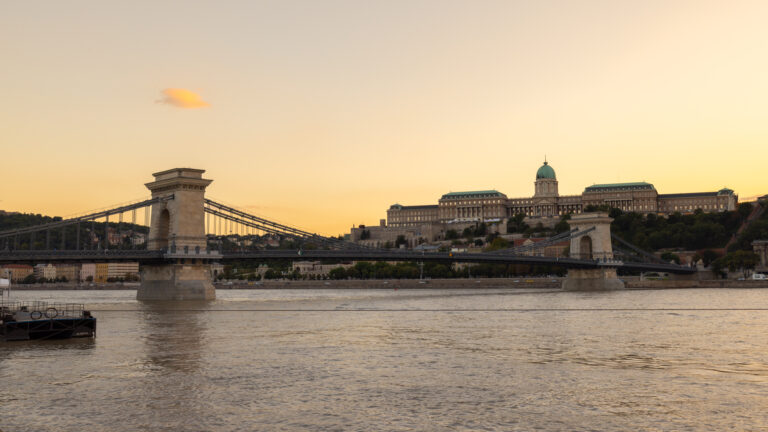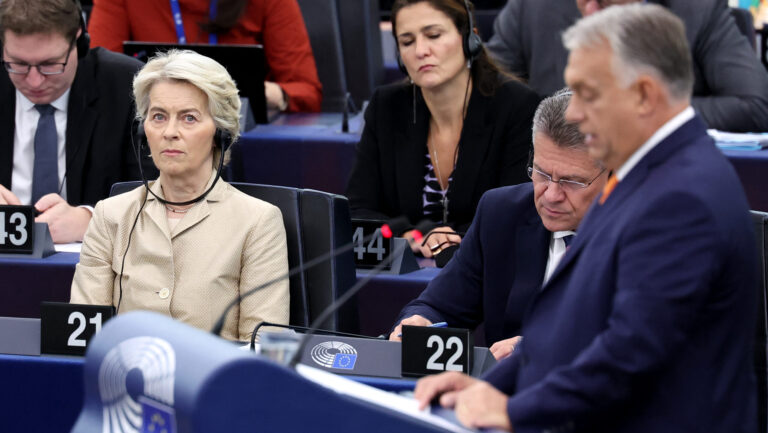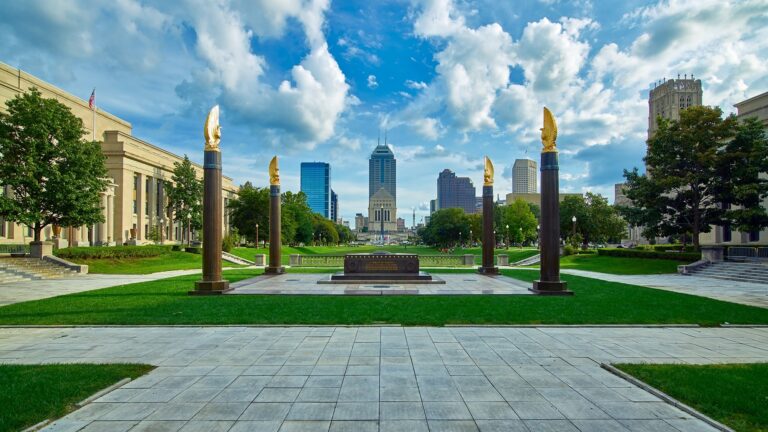As 15 March is one of the most important holidays in Hungary with plenty of contemporary political connotations, the speeches given by politicians on this day usually bear significance in outlining the party’s vision for the future.
As customary, this year, too, all major party leaders in Hungary delivered remarks. The messages of the various politicians on the lessons for today of Hungary’s revolutionary and heroic past could not have been more diverse. Below is a short review of the gist of the remarks made on 15 March.
Prime Minister Viktor Orbán
As Hungarian Conservative reported, Prime Minister Viktor Orbán addressed a crowd of people in front of the birthplace of Hungary’s national poet, Sándor Petőfi in Kiskőrös. Petőfi, one of the most famous and beloved poets of Hungary, who took an active role in the revolutionary events of 1848, celebrates the bicentenary of his birth in 2023.
The Prime Minister gave a surprisingly apolitical speech,
addressing the widest possible spectrum of Hungarians, focusing on honouring the achievements of the revolutionaries and freedom fighters. Only towards the end of his speech did Viktor Orbán connect the events of 1848–49 to today’s politics. He highlighted that Hungary struggled for independence and sovereignty 200 years ago, and the challenges to the country’s sovereignty are still not over—supranational project such as the accelerating federalisation of the European Union might all pose threats to Hungary’s self-determination. The mostly apolitical speech, given in the countryside, served the goal of positioning Orbán as the Prime Minister of all Hungarians, instead of reminding listeners of political divisions.
Klára Dobrev and Ferenc Gyurcsány (Democratic Coalition/DK)
The two leaders of the left-wing Democratic Coalition addressed their followers in the University Square (Egyetem tér) in Budapest. Their speech was much more politicised than Orbán’s. The DK heads (who happen to be a married couple) reaffirmed their party’s role as a home to anyone who is against the Fidesz government and postured themselves as the largest opposition force, the only one that can challenge Fidesz. Else than explicitly speaking only to those with anti-government sentiments, without wanting to appeal to the wider Hungarian public, DK leaders also highlighted the party’s European identity. Hungary struggled to be a free European country back in 1848, and it should do the same today, too, Dobrev and Gyurcsány argued.
Mayor of Budapest Gergely Karácsony (Dialogue for Hungary/Párbeszéd Magyarországért)
Gergely Karácsony spoke to a crowd near Andrássy Avenue as part of a so-called Freedom Walk demonstration that mobilised around 2,000 people. The left-wing Mayor’s speech was mostly dedicated to raising the alarm about DK’s tendency to pose as the largest opposition party, making the competition with Fidesz even more difficult for other, smaller opposition parties. The resentment against DK’s push to become the only relevant opposition force has been growing with other opposition parties as well in the past couple of months, as we have reported.. The spark of freedom is in the hearts of all Hungarians, reminded Karácsony, and the struggle for freedom does not only happen in the form of political movements, but also through civil society.
Anna Donáth (Momentum)
Organising an event this year to mark 15 March did not seem to be among the top priorities of Momentum, nevertheless, Anna Donáth, the leader of left-liberal Momentum did hold a speech. As most of the leadership and voters of Momentum belongto a younger generation, it was not surprising that Anna Donáth reminded her listeners of the revolutionary youth who inspired a large part of the events of 15 March 1848. Anna Donáth reminded that just as 1848’s young generation took up the role of reforming and bettering its future, today’s young people should do the same.
László Toroczkai (Mi Hazánk)
László Toroczkai, president of the radical right-wing Mi Hazánk party selected a historically significant place for his speech—the Pilvax Alley, the location of the predecessor of the present-day Pilvax Café, where the revolutionary youth of 1848 gathered and formulated the demands of the 15 March Revolution. The main focus of Toroczkai’s speech was the oppression by great powers that the country has had to suffer from and Hungary’s cry for self-determination. Toroczkai argued that as Hungary fought for its independence in 1848, it should fight for it today, too, to avoid being sent into a war it has nothing to do with. The rather anti-NATO messages formulated by Mi Hazánk on the national holiday clearly have little appeal to the Hungarian public. Nevertheless, the party has so far been successfully branding itself as the only real alternative to Fidesz on the political right and Toroczkai’s speech reflected that stance.

